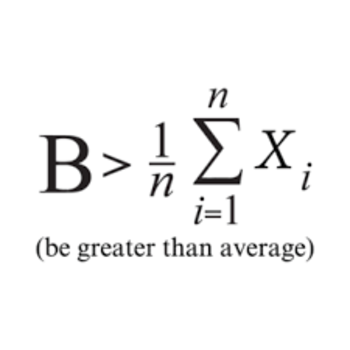The reaction that will occur is:
#NaOH(aq)+CH_3COOH(aq) -> CH_3COONa + H_2O(l)#
Now, using the concentration formula we can find the amount of moles of #NaOH# and Acetic acid:
#c=(n)/v#
For #NaOH#
Remember that #v# should be in litres, so divide any milliliter values by 1000.
#cv=n#
#0.1 times 0.03=0.003 mol# of #NaOH#
For #CH_3COOH#:
#cv=n#
#0.2 times 0.04=0.008 mol# of #CH_3COOH#.
So 0.003 mol of #NaOH# will react to completion with the acid to form 0.003 mol of Sodium acetate, #CH_3COONa#, in the solution, along with 0.005 mol of acid dissolved in a total volume of 70 ml. This will create an acidic buffer solution.
Let's find the concentration of the salt and the acid, respectively:
#c_(acid)=(0.005)/0.7 approx 0.0714 mol dm^-3#
#c_(sa l t)=(0.003)/0.007 approx 0.0428 mol dm^-3#
Now, we can use theHenderson-Hasselbalch equation to find the #pH# of the resulting solution.
The equation looks like this:
#pH=pKa+log_10(([S a l t])/([Acid]))#
We are given the #K_a# of the acid, so the #pKa# is the negative logarithm of the #K_a# value.
#pKa=-log_10[K_a]#
#pKa=-log_10[1.8 times 10^-5]#
#pKa approx 4.74#
Now we have to plug in all the values into the equation:
#pH=4.74+log_10(([0.0428])/([0.0714]))#
#pH=4.74-0.2218#
#pH approx 4.52#

